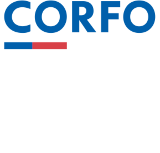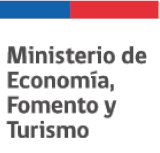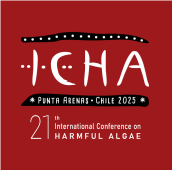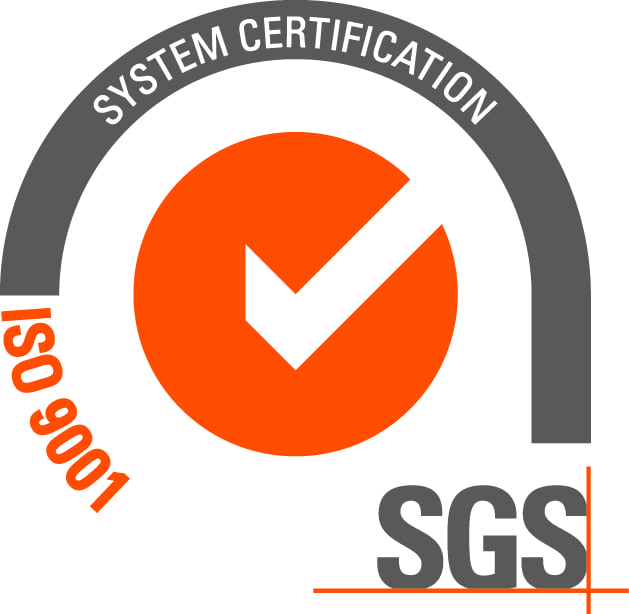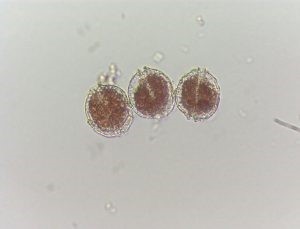
ICHA brings together leading global researchers on harmful algal blooms and marine toxins topic , in meetings attended by between 500-600 people, and is the opportunity to learn about state of knowledge and which are the most important guidelines in harmful algal blooms research. The meeting is not only important for researchers, it is also conducive to decision makers, politicians, journalists, educators, and the community at large.
Between October 11th and 15th, the nineteenth international meeting on harmful algae (ICHA according to its acronym in English) was held, which this time was held via telematics from La Paz, Mexico. ICHA is held every two years, using different venues that are selected at least 4 years in advance. As in previous meetings, the activity carried out in Mexico, on its first day, included an International Scientific Society on Harmful Algae (ISSHA) meeting under Dr. Vera Trainer presidency from NOAA, to address different aspects related to to his management during the last three years, occasion in which the decision to select the country responsible for the twenty-first meeting to be held in October 2025 organization was also addressed, given that the venue for the next meeting has already been established. , Hiroshima Japan, which will be held in November 2023. The decision adopted was to accept Chile’s proposal, in the sense that granting the responsibility of organizing the twenty-first meeting of the international conference on harmful algae, which will be held between the days October 13th and 17th, 2025, in Punta Arenas city of, at the southern end of the fjords and national channels.
ICHA brings together leading global researchers on harmful algal blooms and marine toxins issue, in meetings attended by between 500-600 people, and is the opportunity to learn about the state of knowledge and what they are. the most important guidelines in harmful algal blooms investigation. The meeting is not only important for researchers, it is also conducive to decision makers, politicians, journalists, educators, and the community at large.
Chile drew up a proposal to host the event in October 2025, for which it set up a committee, which was in charge of drawing it up according to the conference’s rules, in addition to presenting a video and a text, which included not only reasons that support the interest and capacities to organize a conference of this nature, but also to select the place to hold the event. Chile is known globally for the effects produced in recent years by harmful blooms of great impact on productive activities, but there have also been effects on public health, in addition to the interest of a growing national scientific community, which addresses these events research and monitoring. For the occasion, it had Fisheries Development Institute sponsorship, Magallanes Regional Government and Chilean Antarctica, National Oceanographic Committee, Universidad de Chile, Universidad Católica del Norte, Universidad de Concepción, Universidad de los Lagos and Universidad de Magallanes, Fisheries and Aquaculture Undersecretariat, Public Health Undersecretariat, National Fisheries and Aquaculture Service, Marine Sciences Scientific Society , Salmon Chile and AMI Chile through Salmon Technological Institute and Mitiliculture Technological Institute, respectively. This committee was made up of the following people:
Leonardo Guzmán, Fisheries Development Institute (IFOP) (President).
Máximo Frangópulos, Universidad de Magallanes (UMAG)
Gonzalo Álvarez, Universidad Católica del Norte (UCN)
Paulina Vera, Fisheries and Aquaculture Undersecretariat (SUBPESCA)
Juan Fierro, National Oceanographic Committe (CONA)
Benjamín Suárez, Universidad de Chile (UCHILE)
Andrea Rivera, Public Health Undersecretariat (SSP)
Allison Astuya, Universidad Concepción (UDEC)
Patricio Díaz, Universidad de Los Lagos (ULAGOS)
Ximena Rojas, Salmon Technological Institute (INTESAL)
Cristián Segura, Mitiliculture Technological Institute (INTEMIT)
Oscar Espinoza, Harmful Algae Research Center (CREAN IFOP)
Pamela Carbonell, Harmful Algae Research Center (CREAN IFOP)
The organizing committee publicly appreciates the support received, which made it possible to bring the organization of such an important conference to Chile, this being the third time that this conference will be held in Latin America, Brazil in 2016, Mexico in 2021 and Chile, it will have that honor in 2025.


